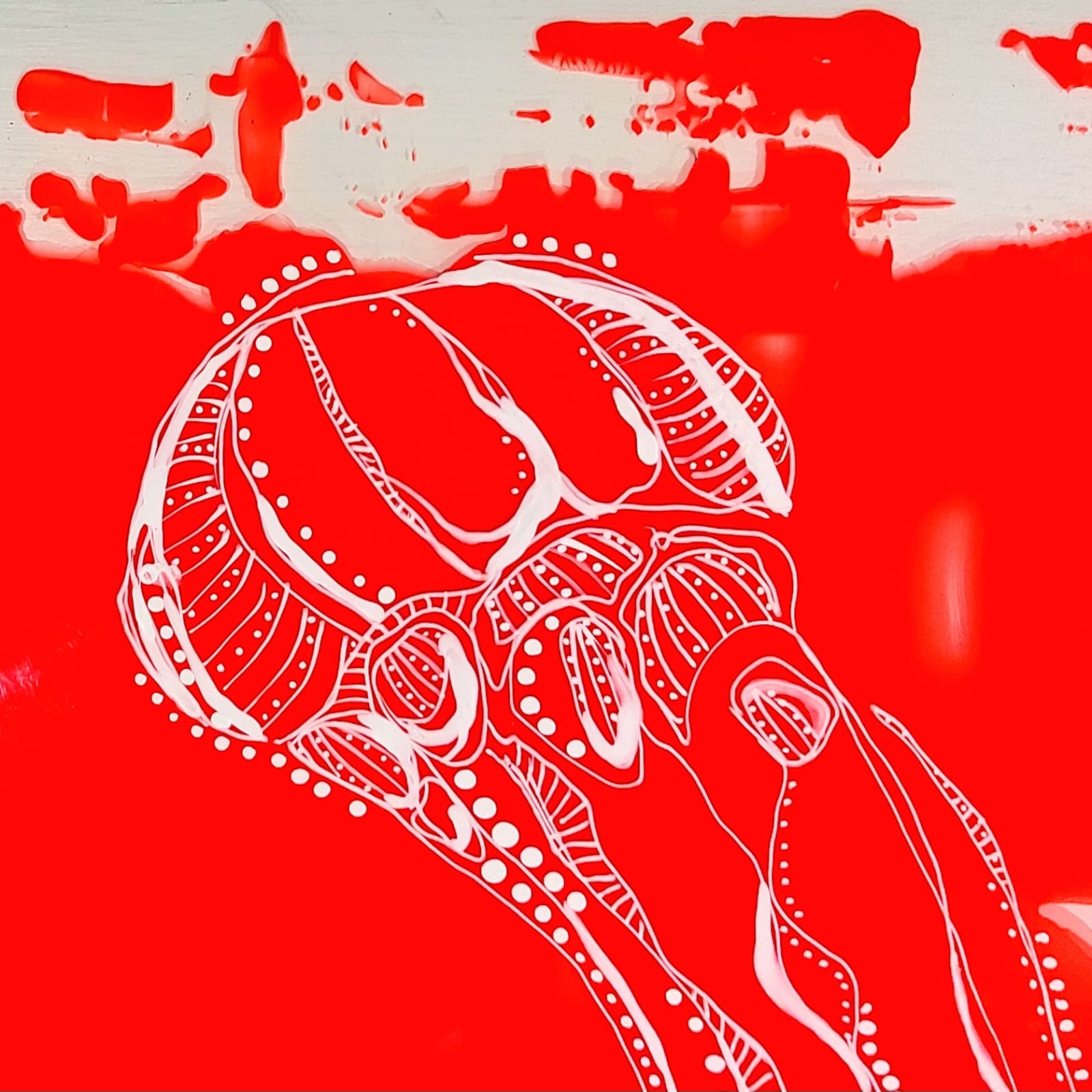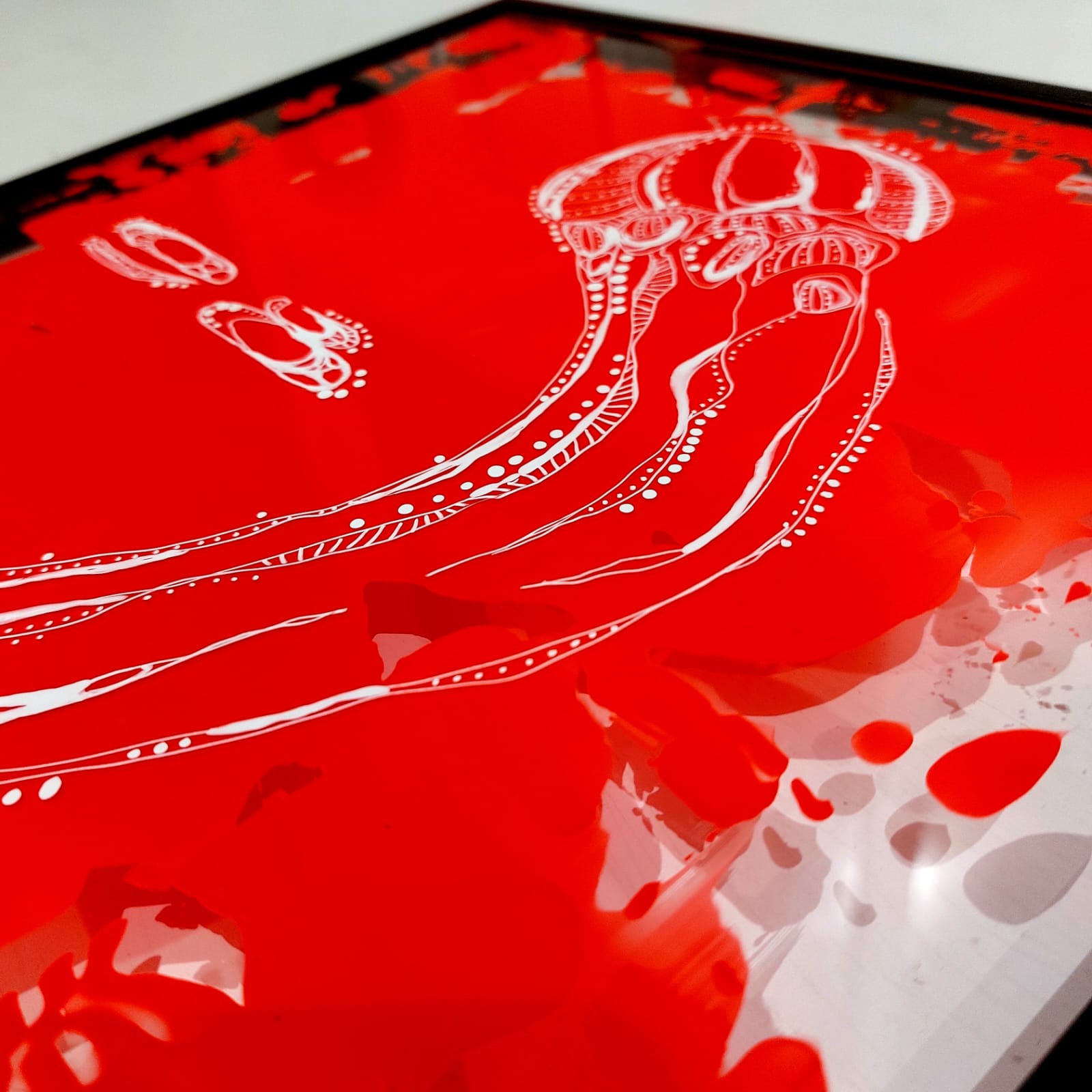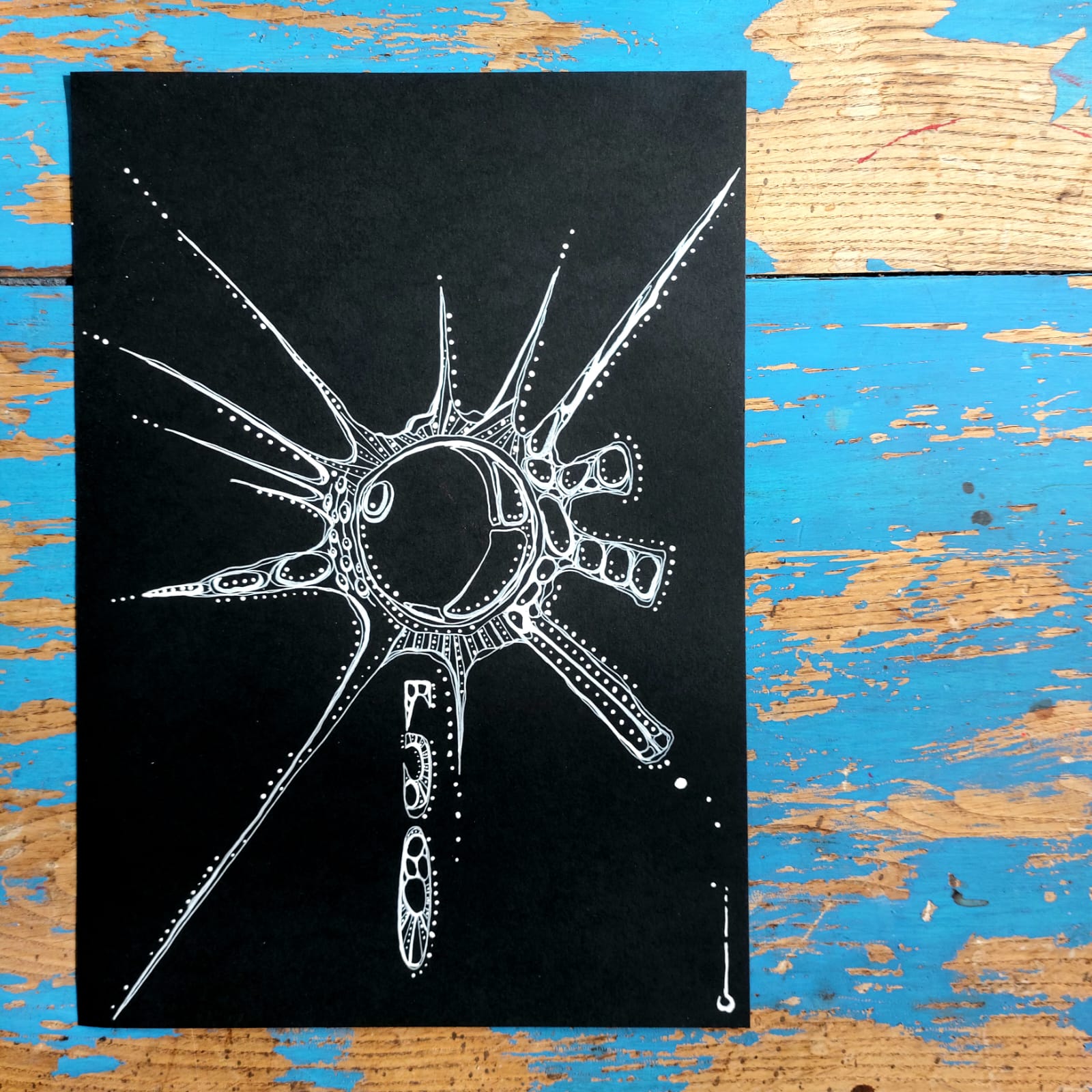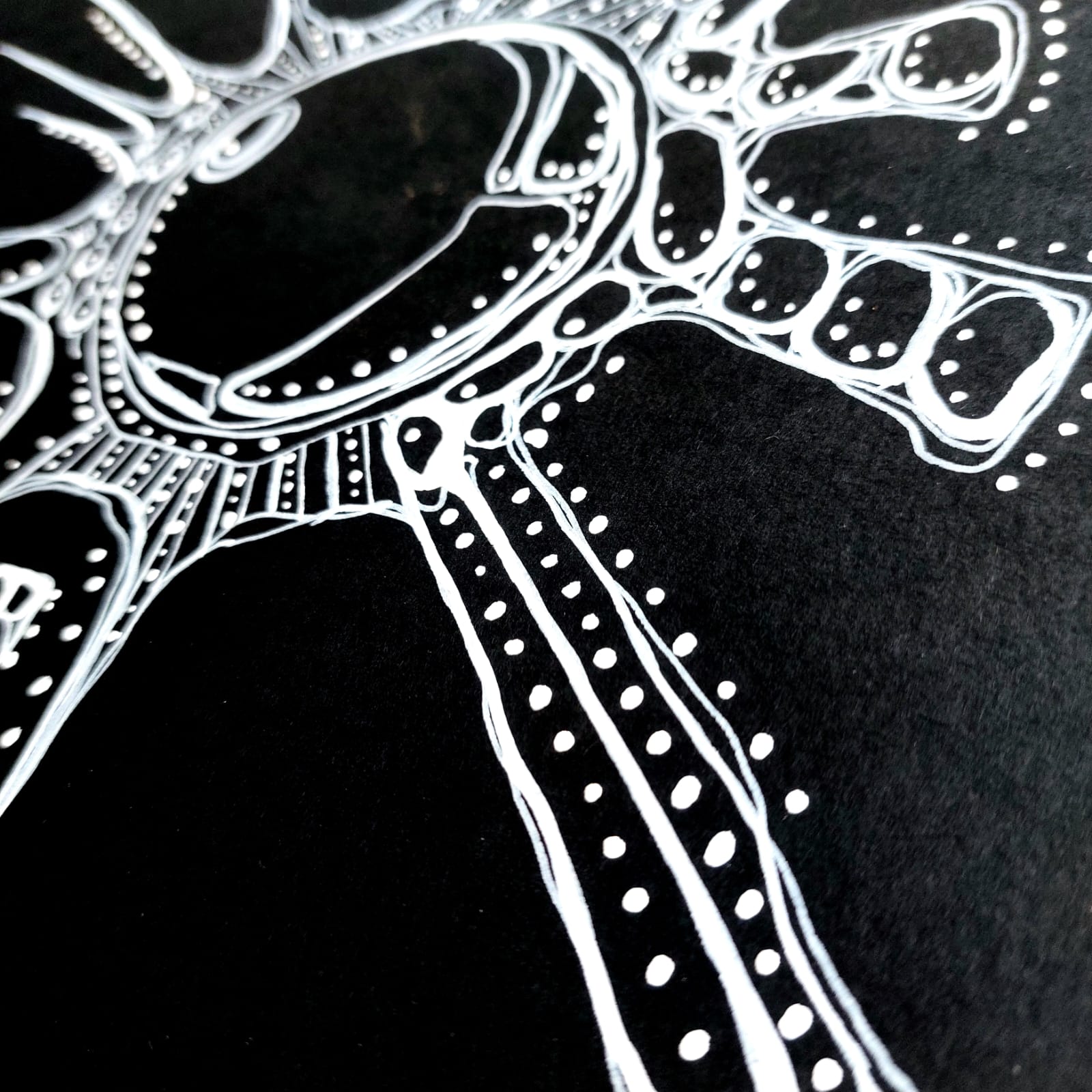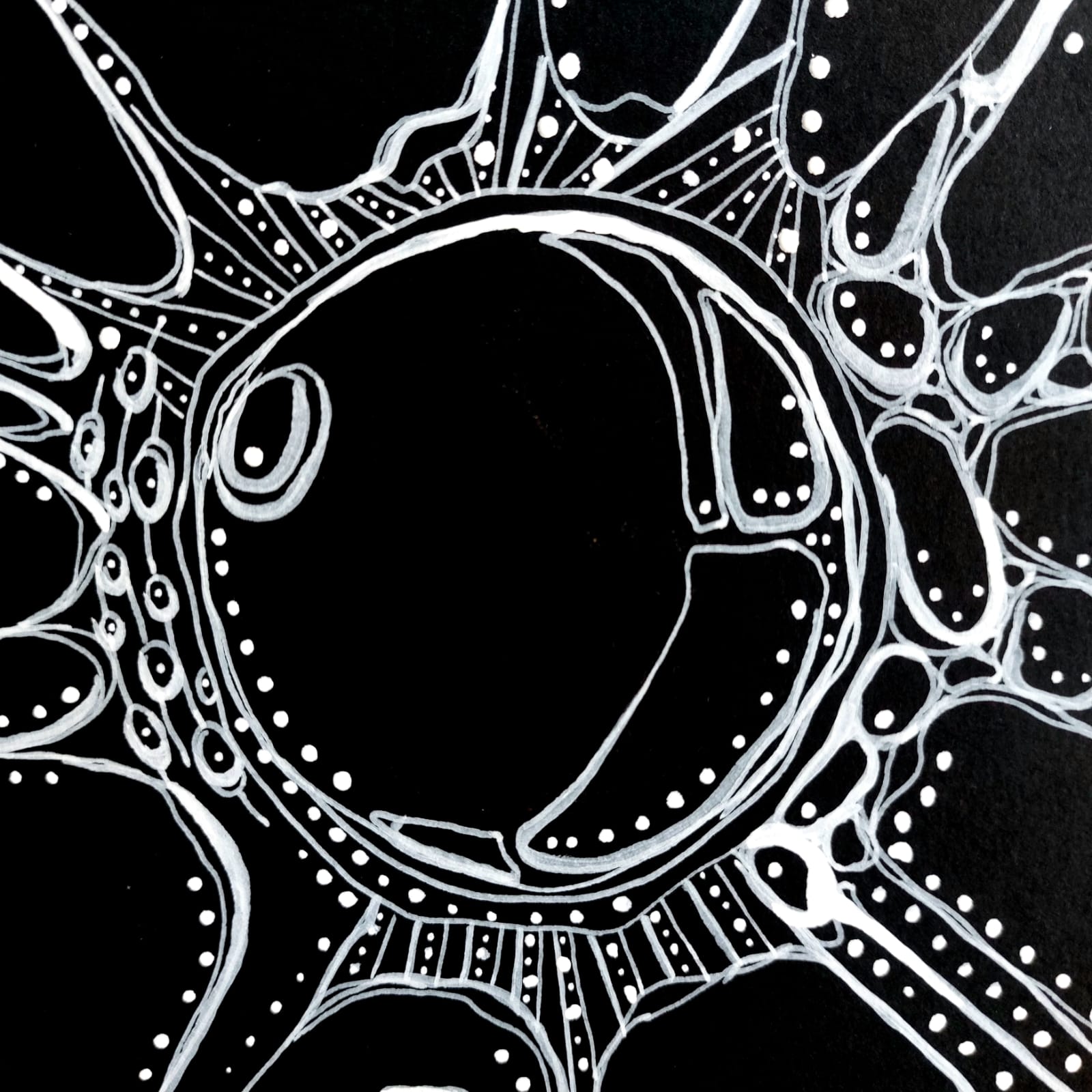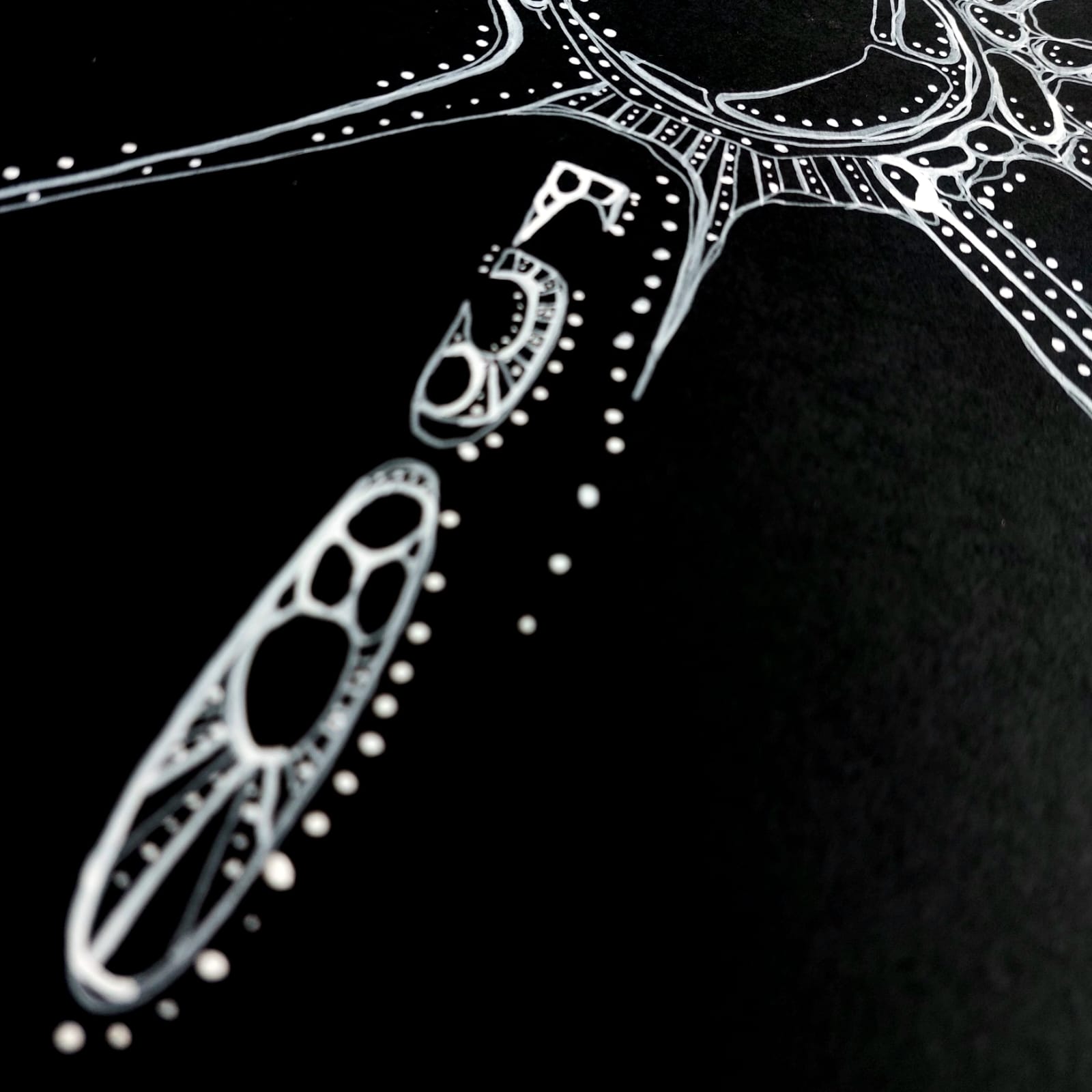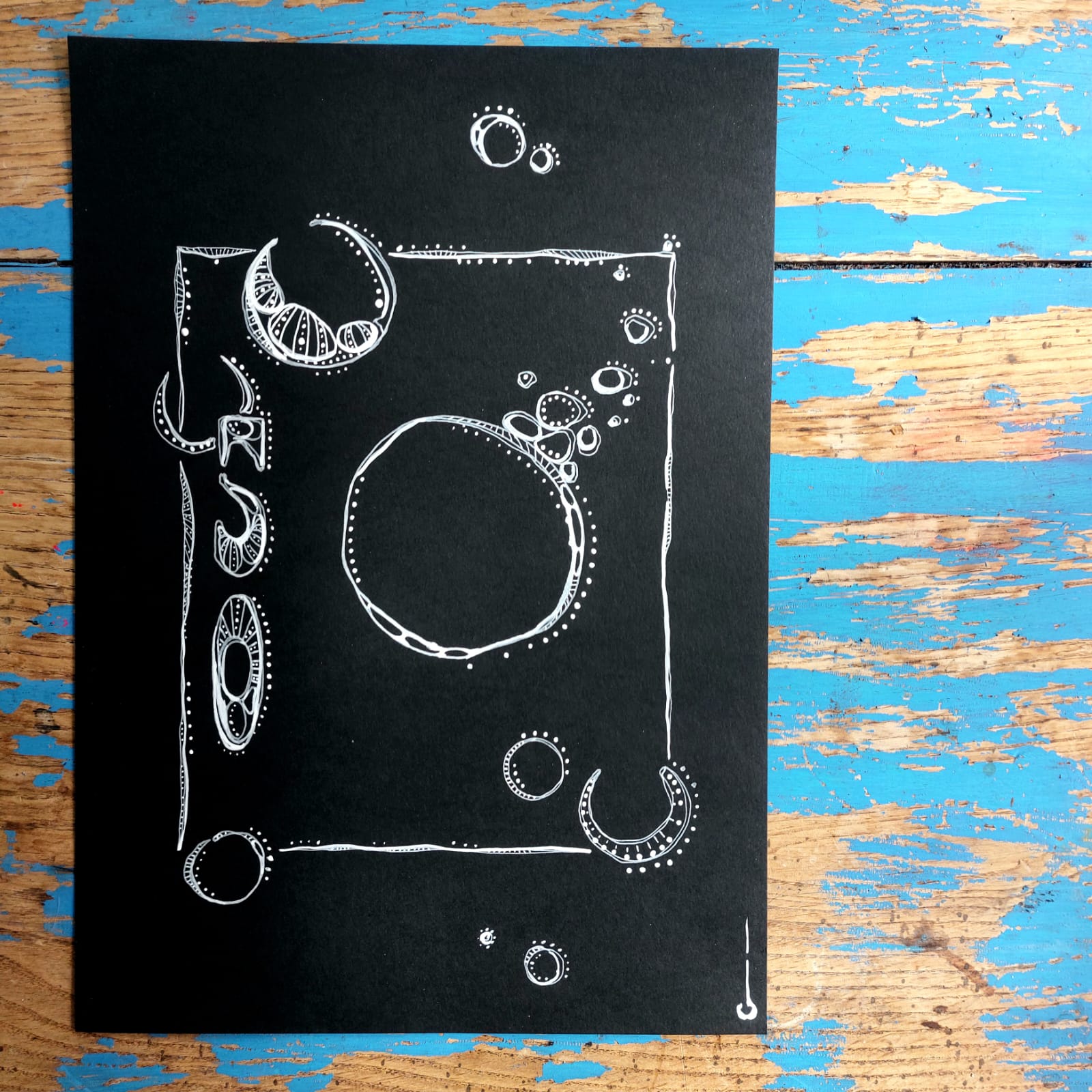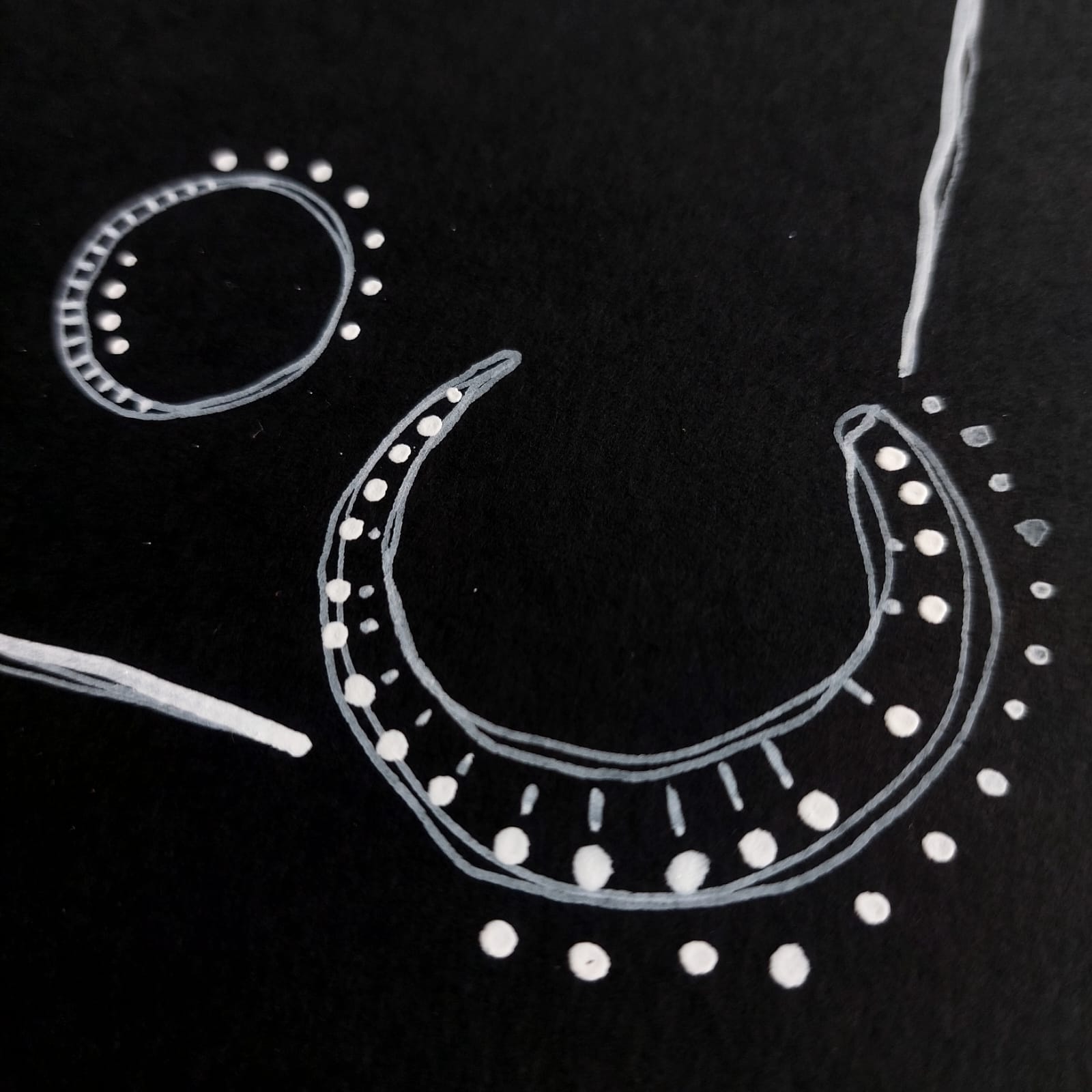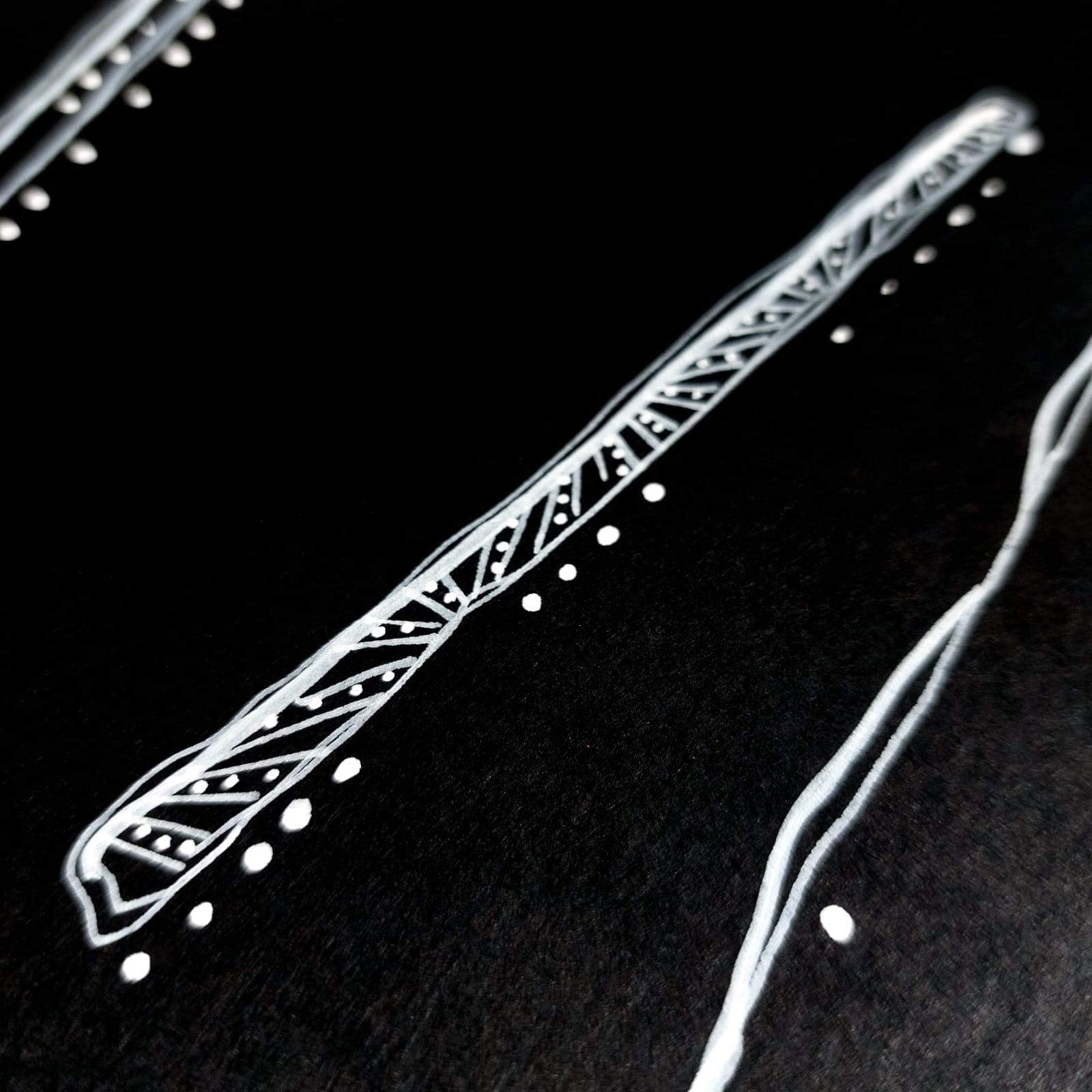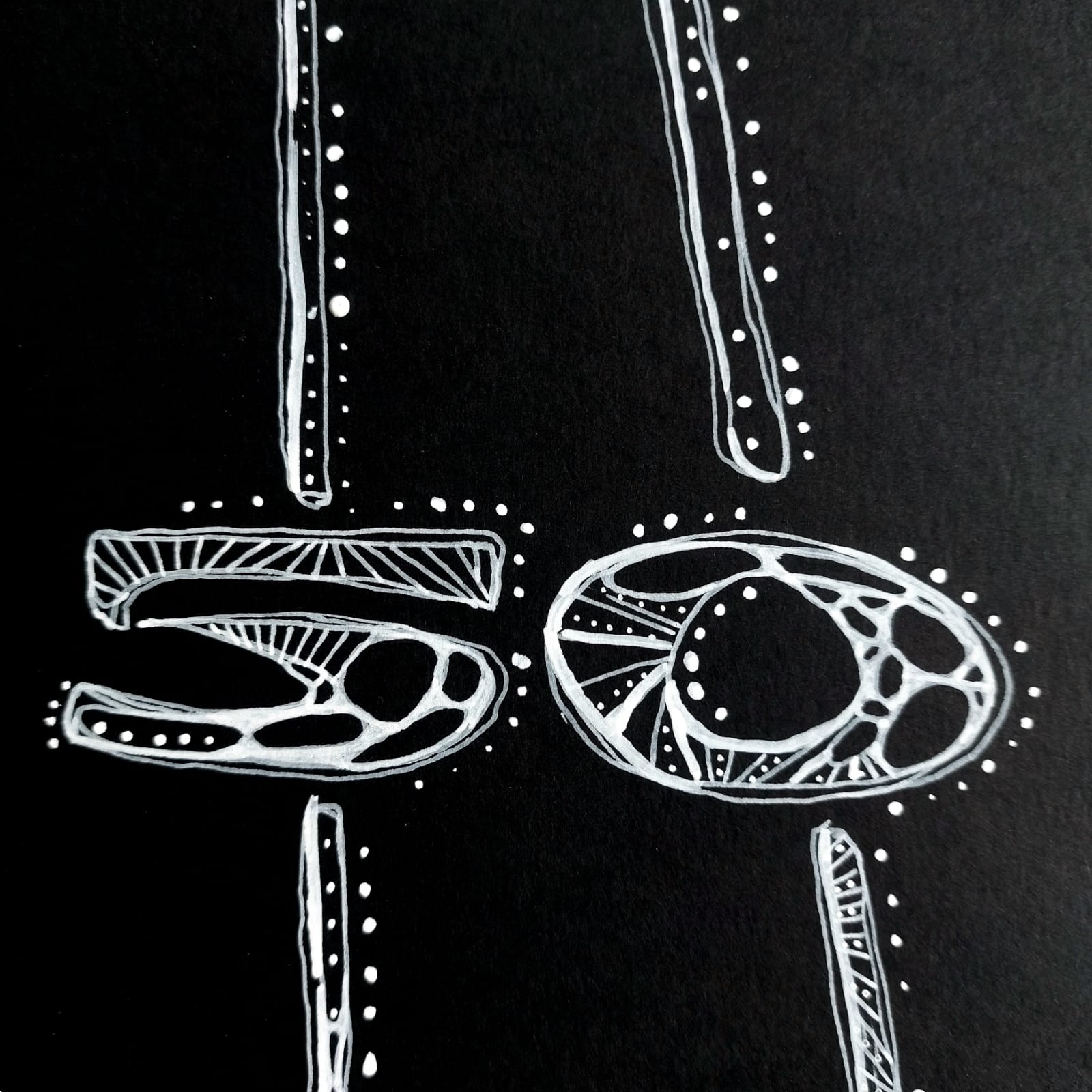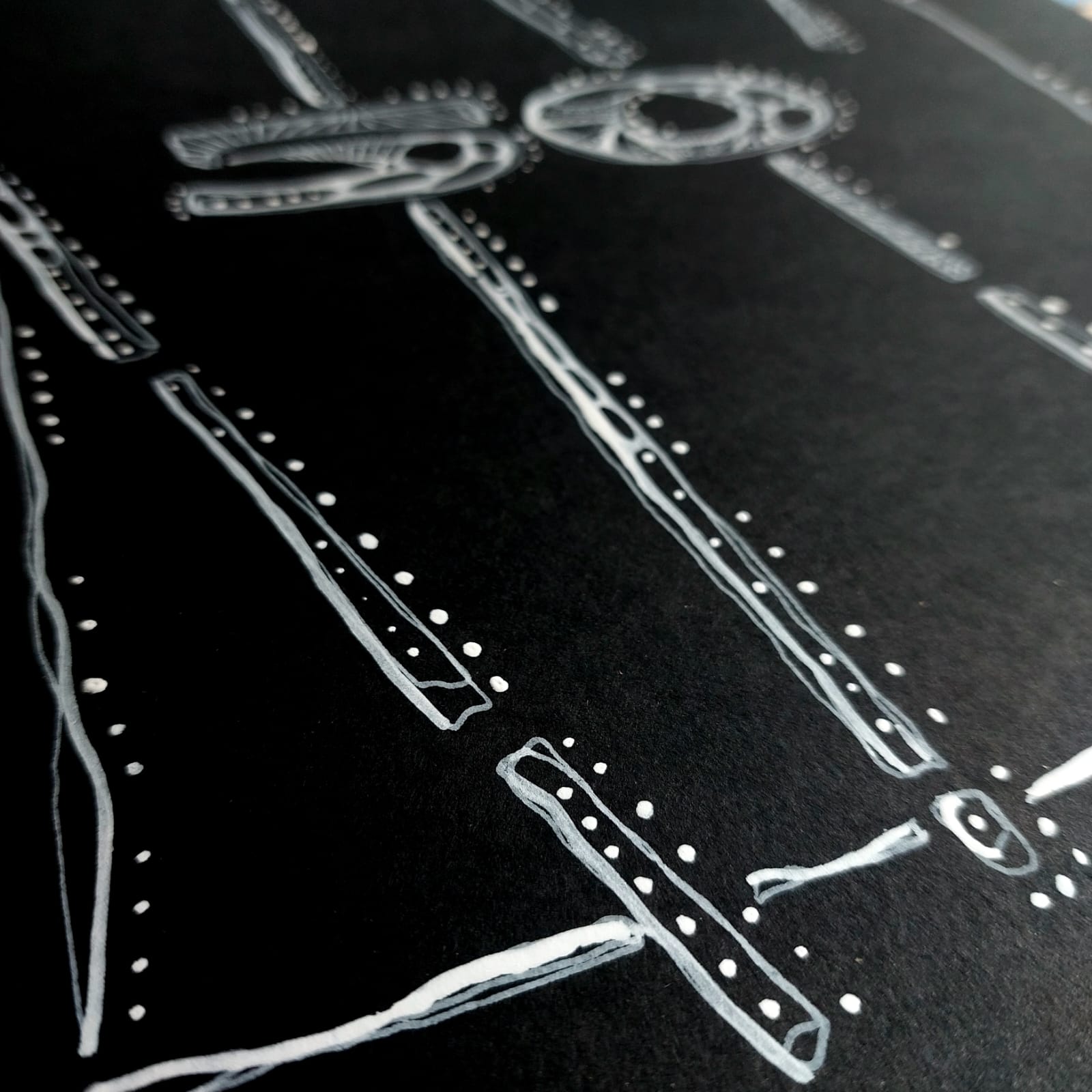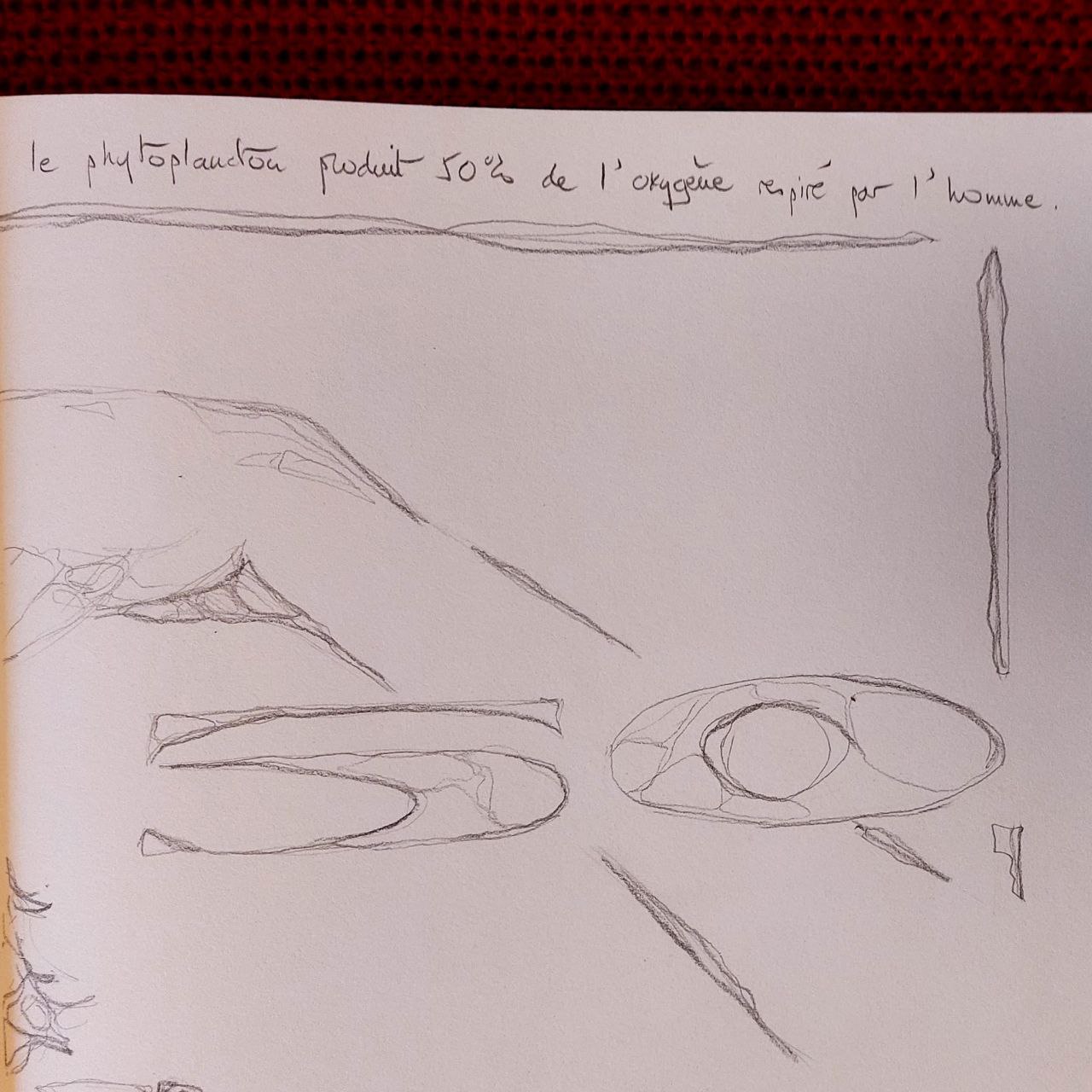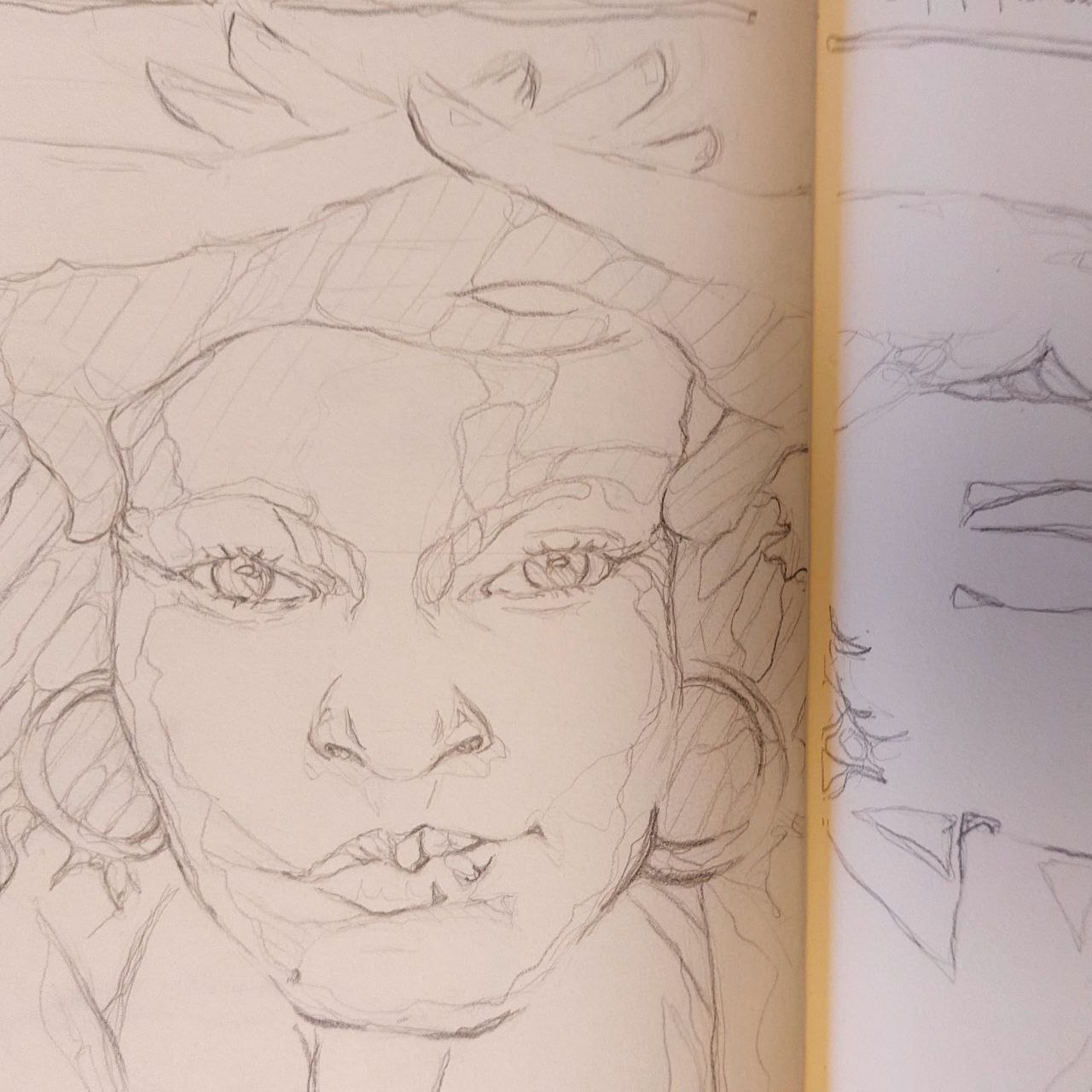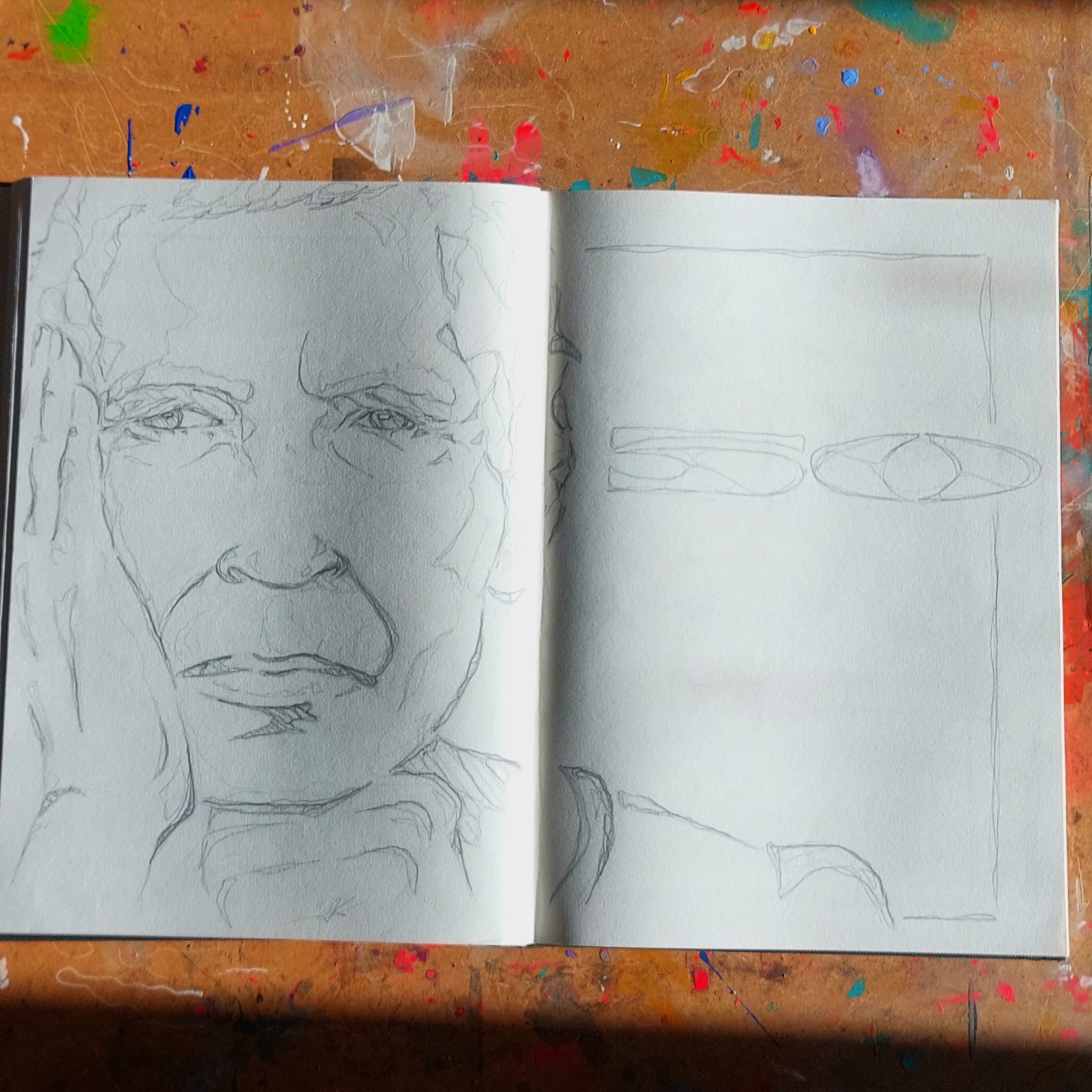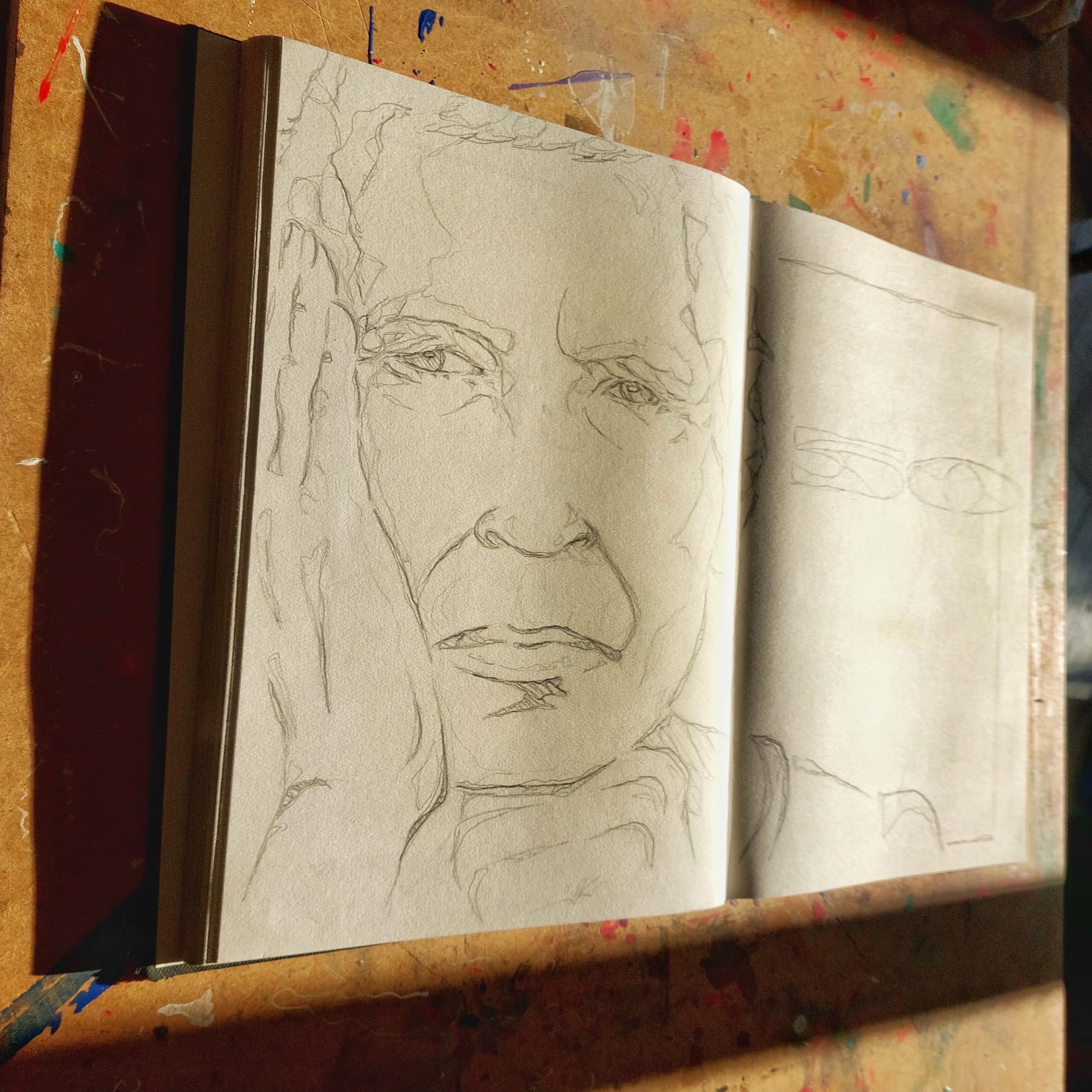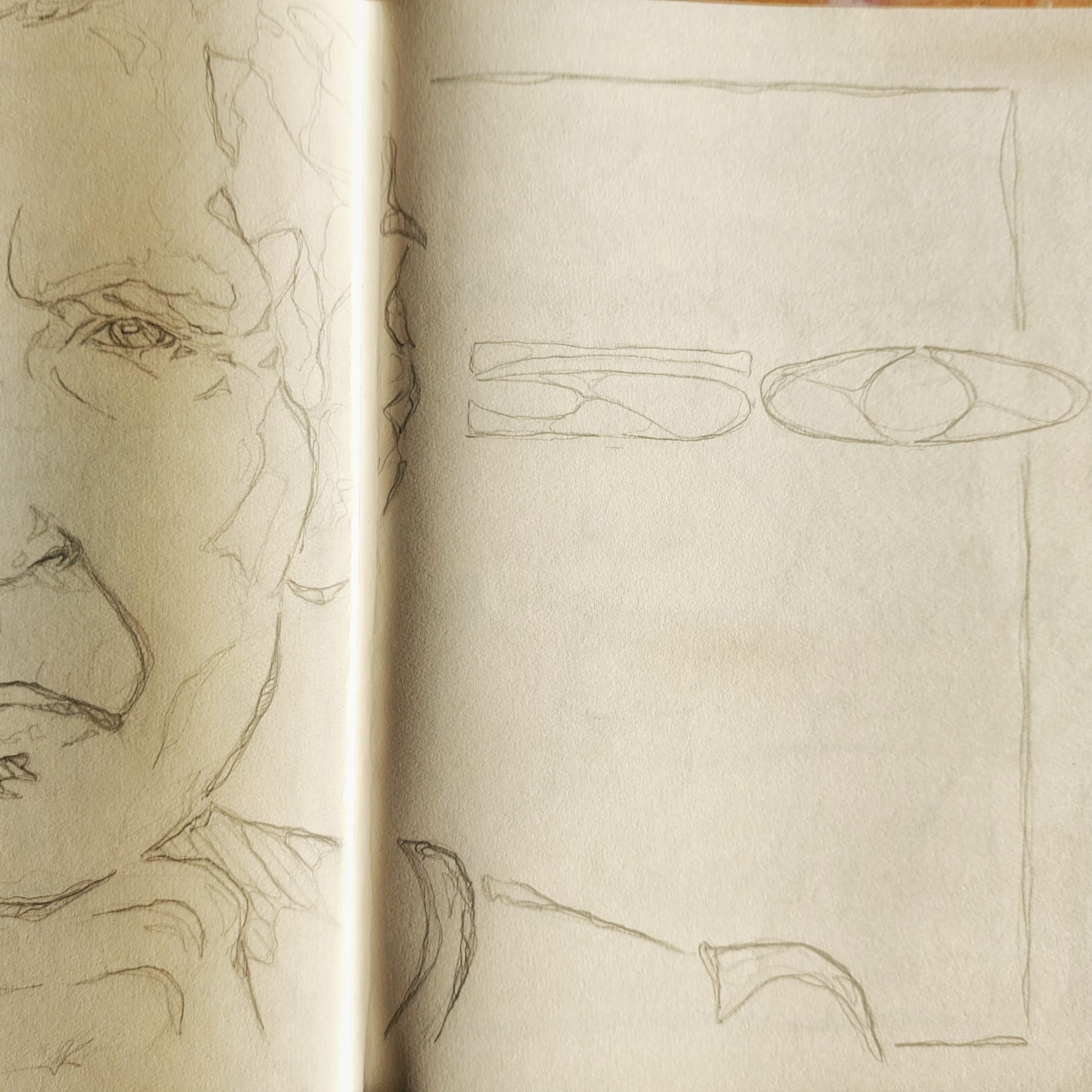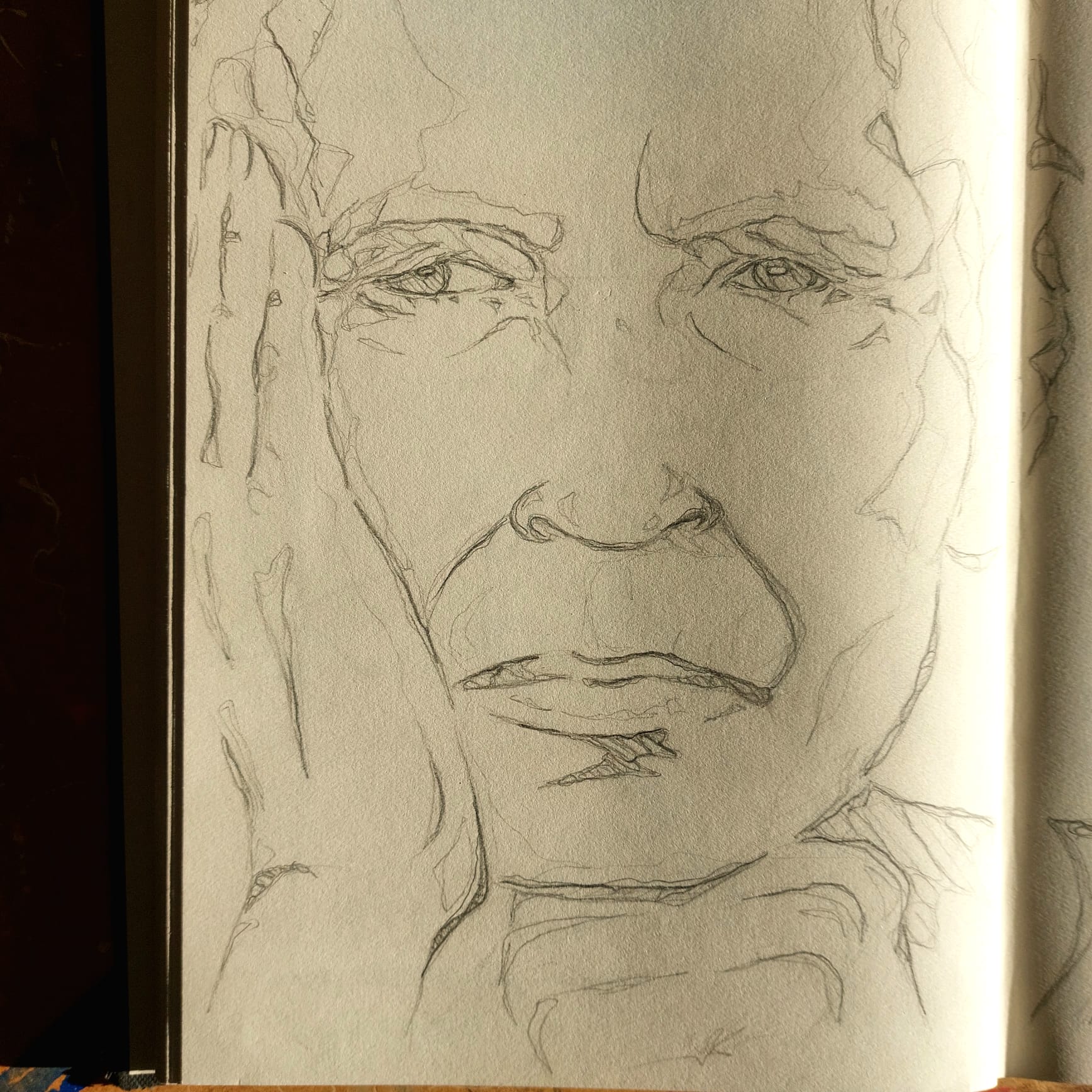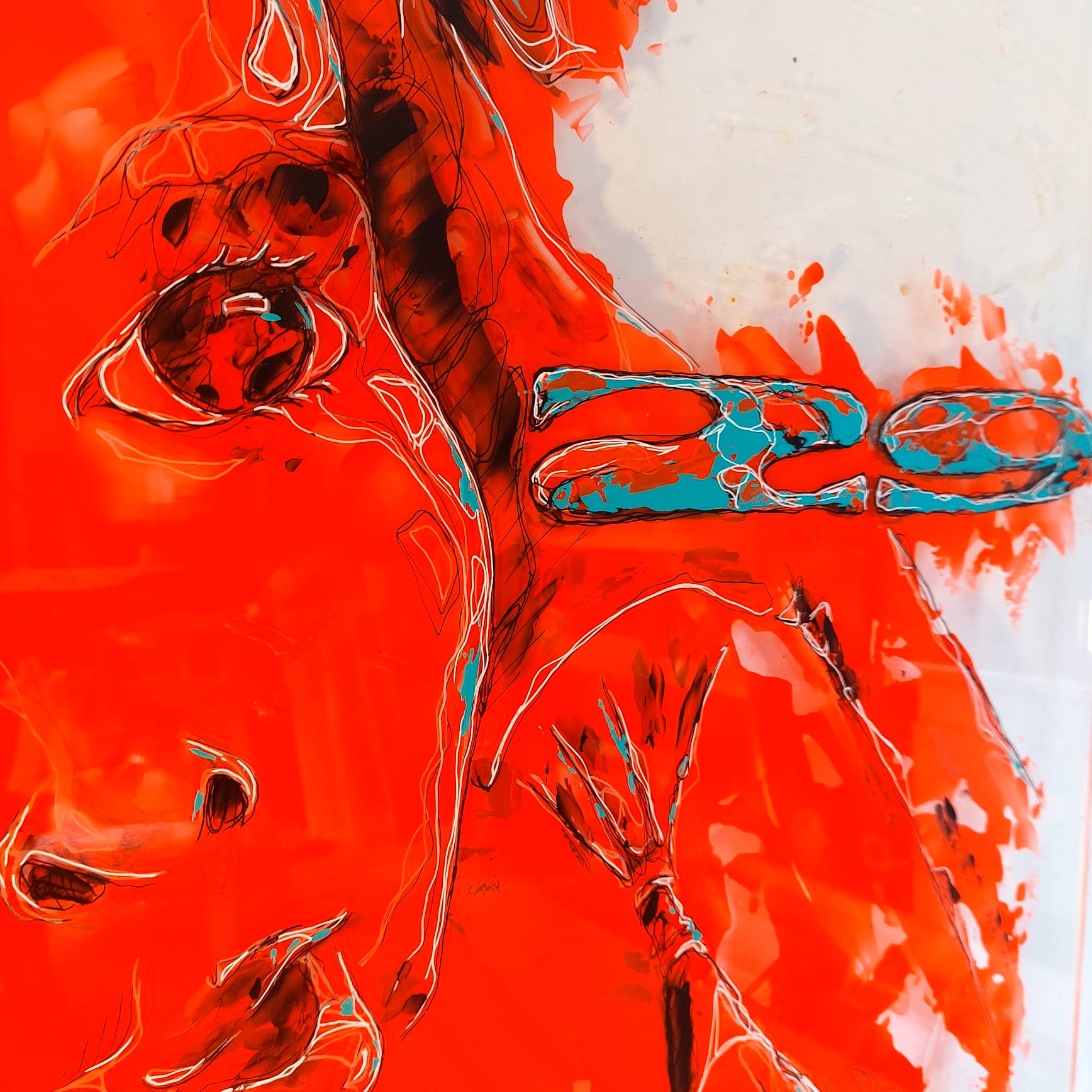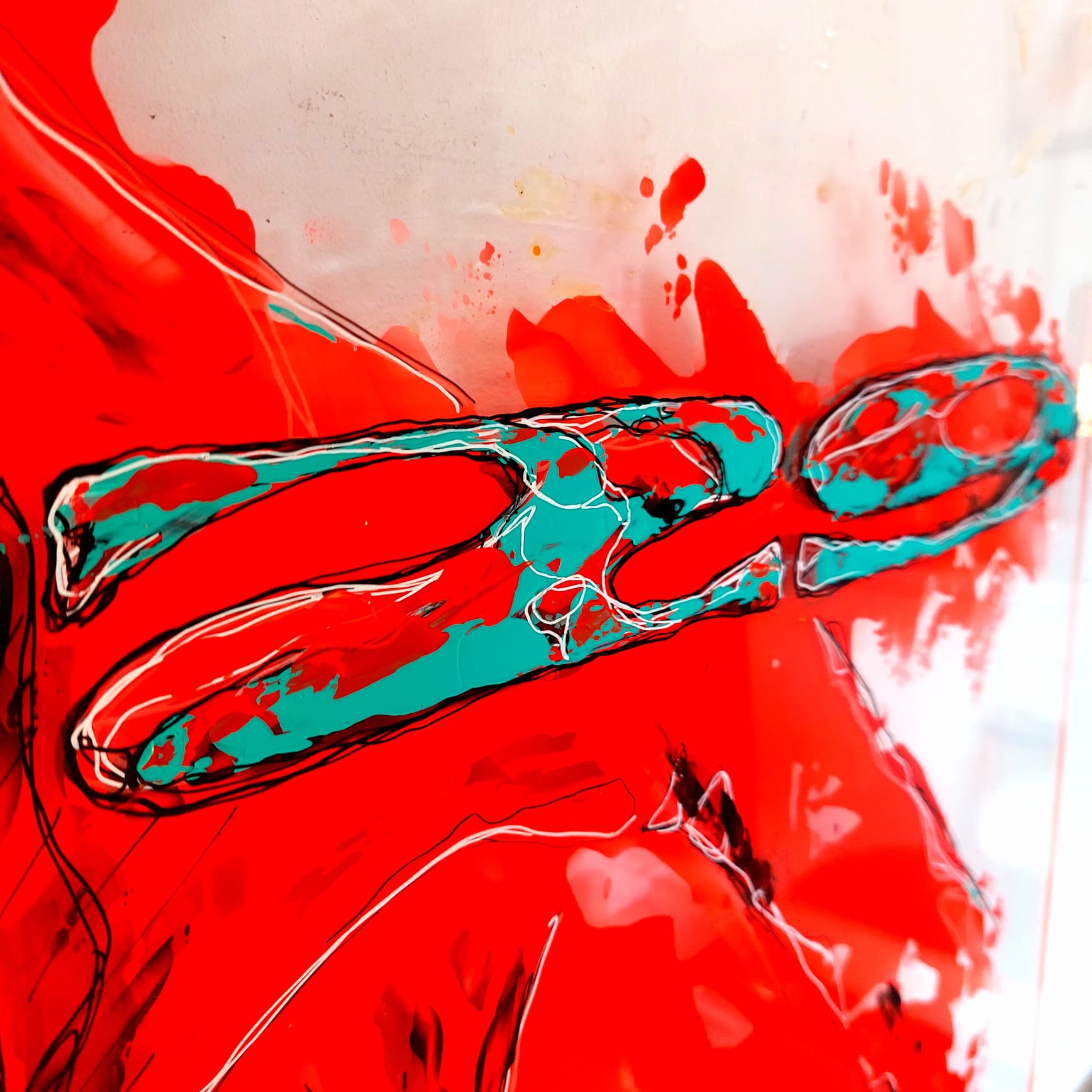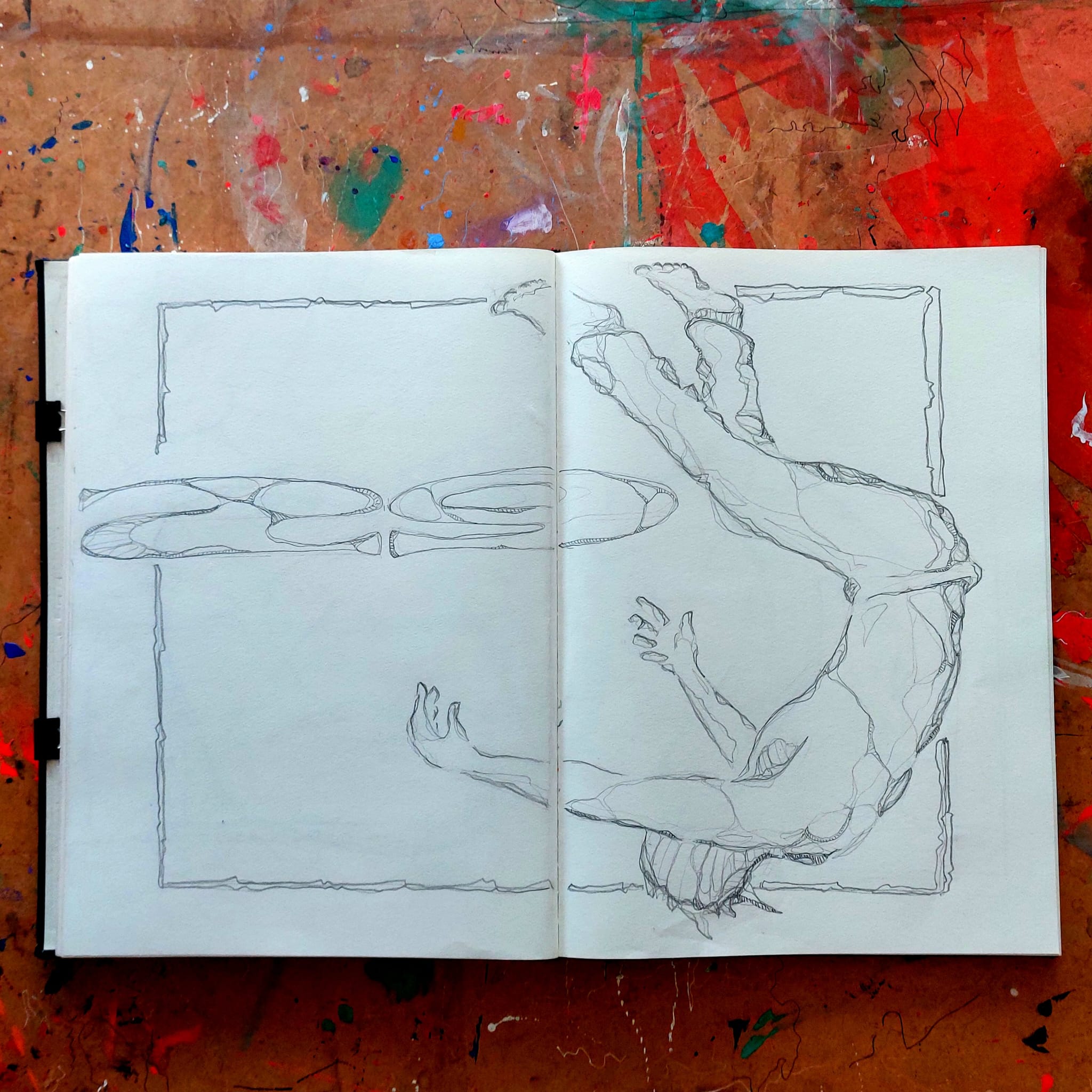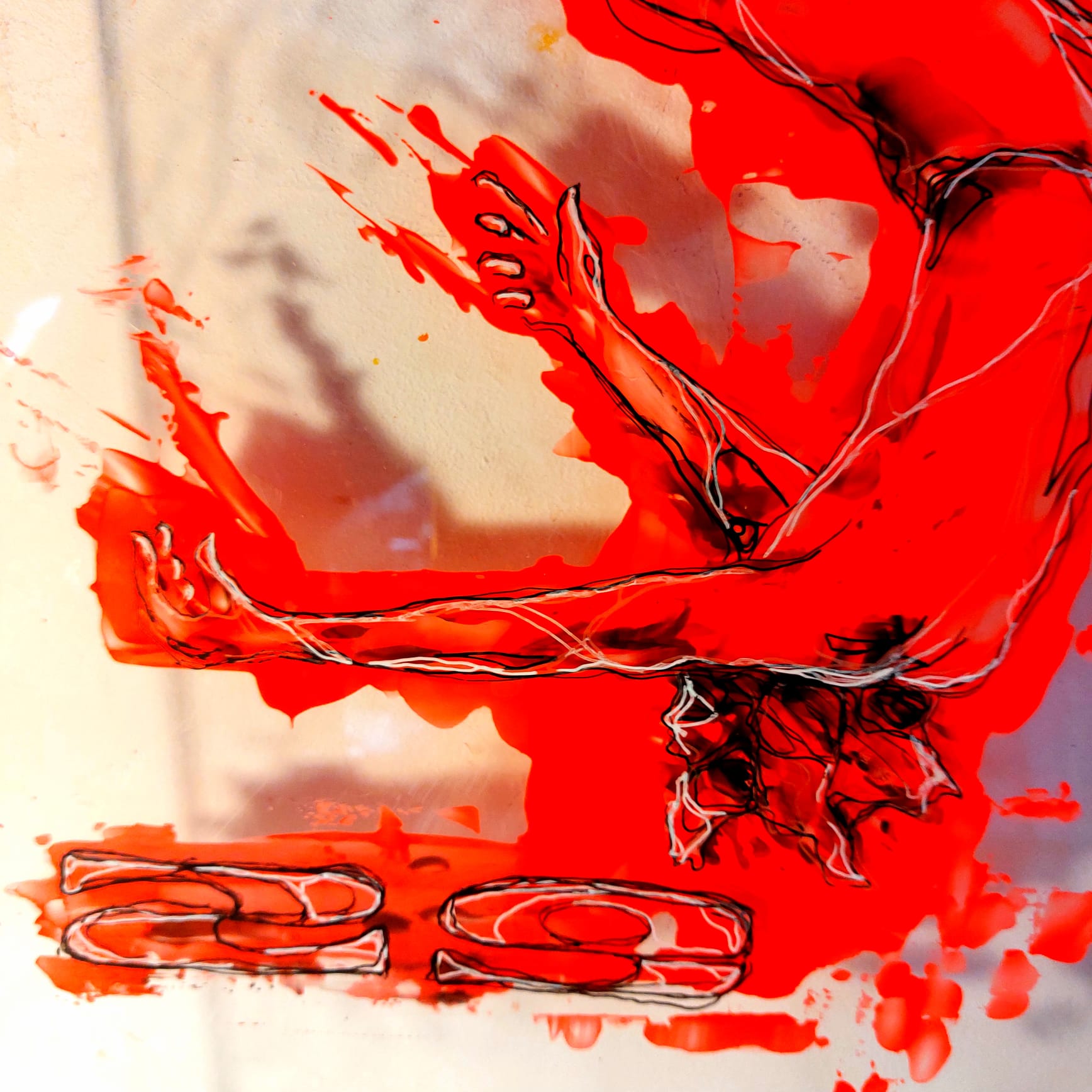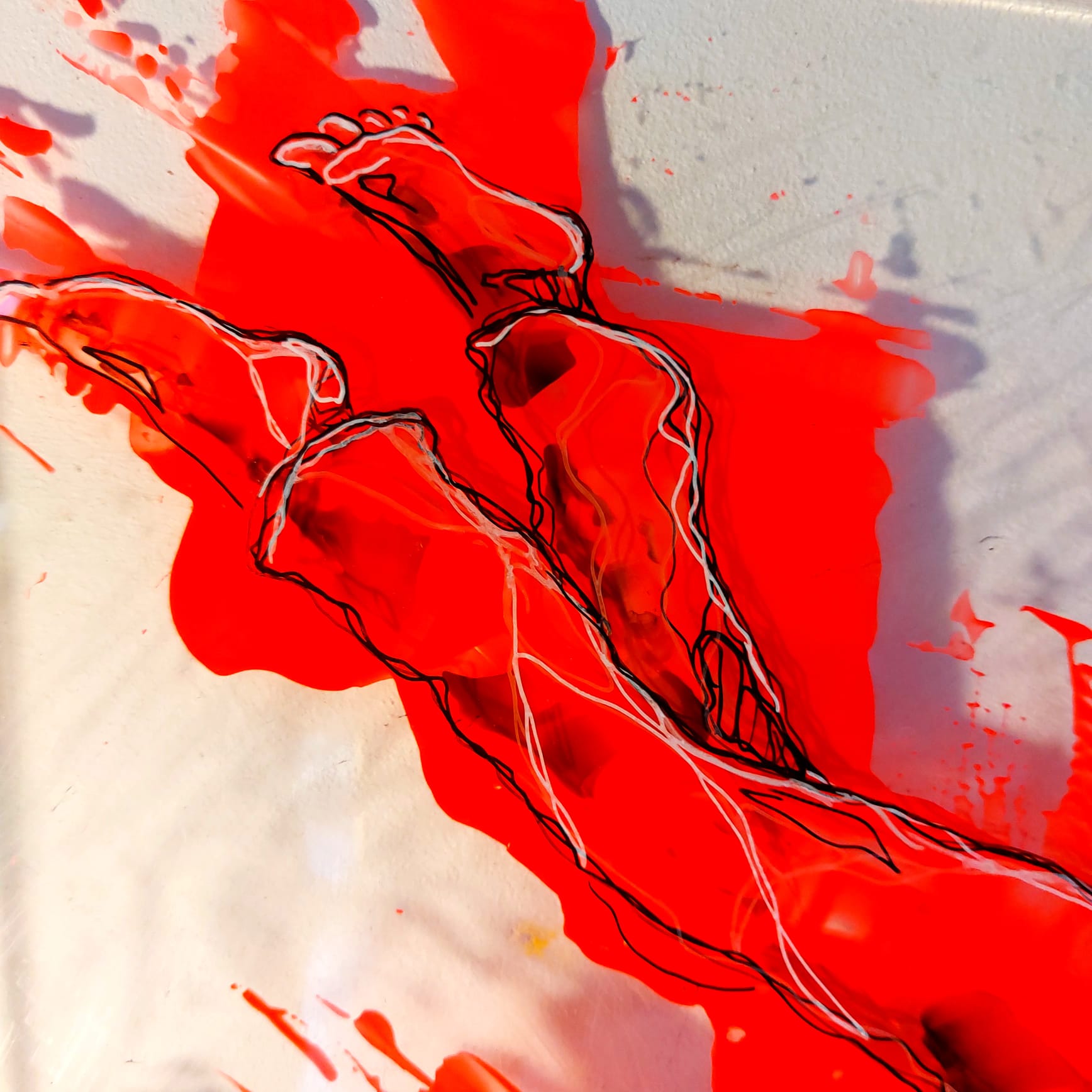The Artists
Draw me a foam sheep!
During the Atlantea expedition, we’ll be in contact with Swiss and French artists who are questioning the way Nature is represented and understood. Our adventure has inspired them to produce works that we share with you here. As for the crew, it includes a few creative seeds who offer you a narrative of the voyage in other modes of expression.
« You can only see well with your heart; what is essential is invisible to the eye. »
The Little Prince, Antoine de Saint-Exupéry
The Artists
French traveler, journalist and artist,Christophe Monteil’s work is rooted in an experimental process combining travel, creativity and ecology.
With a thirst for discovery and a mix of passions, Christophe Monteil became a Grand Reporter at France Télévisions. He traveled the world for 20 years. He filmed stories filled with encounters and powerful experiences, on every continent. In so doing, he captured the beauty of our planet in images. Nourished by these human and natural scenes,Christophe Monteil set out on the paths of pure creation, on the tracks of a water story. He began to paint with water from all over the world: icebergs from Greenland, sacred lakes from Rajasthan, salty foam from the Cyclades. The DNA of a place is thus physically integrated into each work. A way of reminding us of the beauty of the world and the vital importance of water in all its forms.
During the Atlantea expedition, water samples will be taken from symbolic places to produce works of art! Christophe Monteil also works on paper, glass and Plexiglas. On each creation, pure images and a number. Strong. Striking. This number raises awareness of the realities of the ocean, of plankton, of the relationship between man and these tiny, vital creatures. Christophe Monteil wants his work to raise awareness of the importance of ecology, in an artistic, playful, poetic and positive way.
Bernard Garo is a Swiss visual artist who has been developing cross-disciplinary projects for several decades! Paintings, photographs, woodcuts, films, video art, installations and performances. For him, any medium can be a bearer of meaning and a vehicle for a story or message that enables us to participate in the evolution of our society.participate in the evolution of our society. science, Man and « The Great Outdoors »..
The theme he has been developing over the past few years, and which has become central today, particularly in Switzerland, is that of glaciers and their accelerated melting as a result of climate disruption, the consequences of which are affecting the whole world and the oceans too. In his various works, he follows the path of the water cycle, focusing as much on the ocean as on glaciers, in which the same pollutants are found as in the sea.
Through the Atlantea expedition, he will be able to enrich and further develop his works with the samples of water as well as sediments collected in different places of the planet. These materials will be supplemented by images that serve as bases for the creation of new works, paintings, the return of the expedition !
Christopher Monteil's pieces of art
"The plankton represent 98% of the biomass of the Oceans "- Christophe Monteil – October 20, 2023 https://christophe-monteil.com/
98%
the biomass of the Ocean is represented by the plankton !
A dizzying figure, but one that perfectly illustrates the importance of plankton! But what are plankton? Plankton are all living creatures, animal or vegetable, that drift with the currents. They include jellyfish, krill and aquatic bacteria. These organisms are highly exposed to climate change, and suffer its consequences regardless of the boundaries defined by man. All oceans are connected. So, in the eyes of plankton, there is only one great ecosystem to preserve: a single Ocean. Plankton are the first link in the food chain, they produce oxygen and are essential to the health of the ocean!
Plankton account for 98% of marine biomass. In other words, if we were to weigh all the animals and plants in the ocean, from the smallest to the largest, plankton alone would account for 98% of this mass!
Source Sciences de la vie, sciences de l’information: Colloque de Cerisy, By Thierry Gaudin, Dominique Lacroix, Marie-Christine Maurel, Jean-Version 18.03.2020 Charles Pomerol
50%
of the oxygen we breathe is produced by the plankton !
The plankton are the lungs of the planet, it produces at least half of the oxygen we breathe. Some scientists even argue that the plankton are said to produce up to 70% of oxygen ! The perpetrators are primarily a sub-category of plankton called phytoplankton ". It is tiny aquatic plants on the surface of the oceans that drift with the currents in the. Like trees, they produce oxygen by photosynthesis. In sum, they convert CO2 and light to oxygen.
Source :
- NOAA – National Oceanic and Atmospheric Administration – https://oceanservice.noaa.gov/facts/ocean-oxygen.html
- Sekerci, Yadigar & Petrovskii, Sergei. (2015). Mathematical Modelling of Plankton-Oxygen Dynamics Under the Climate Change. Bulletin of mathematical biology. 77. 10.1007/s11538-015-0126-0
"Plankton to produce 50% of the oygène planetary "- Christophe Monteil – October 29, 2023 https://christophe-monteil.com/
Plankton provide many of the fundamental activities for the ocean life and human life ! They are also highly exposed and sensitive to climate changes. Yet, they remain discreet in the media, and knowledge about them are not even to the extent of their importance to the planet.
On the deserted island of Santa Luzia, Cape Verde, were found in 60 tonnes of waste from
29 countries
We present to you the new series of encrypted artist Christophe Monteil. It will prompt you for this time to ask you about the number 29. This is the number of nationalities were recorded on the waste from the beach of Santa Luzia, Cape Verde. This number is likely underestimated. In fact, the waste from too far away, are difficult to identify because their labels have been degraded by the trip. The island is deserted, then, the 60 tonnes of waste credit are fully arrived by way of ocean.
This number is no less impressive. Imagine that our waste travels distances that many of us do go through ever of our life is tremendous ! This statement comes from a collection of waste, volunteers carried out by theNGOS Biosfera a few years ago. We still don't have any solution to manage all the waste that we produce and the Ocean can not manage them at our place.
This situation is not unique and we know that in other places on the globe, it can be even worse !
« The waste of 29 Countries on the beach in Santa Luzia, Cape Verde " – Christophe Monteil – February 25, 2024 https://christophe-monteil.com/



